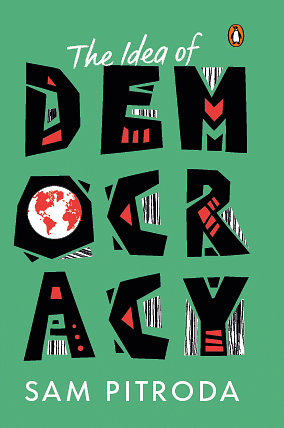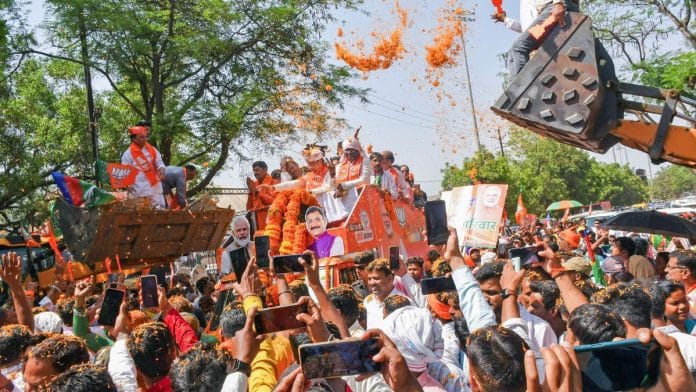Misuse of public office for private gain is yet another rampant phenomenon in many democracies. In fact, many countries seem to be witnessing a vicious cycle where corruption undermines democratic institutions, and that, in turn, weakens institutions which are now less able to control corruption. The Corruption Perception Index 2021 released by transparency.org, reveals that countries with well-protected civil liberties generally score higher on the CPI. In contrast, countries that violate civil liberties tend to score lower.
The root cause of corruption begins with the high cost of elections, resulting in crony capitalism and greed. In a democracy, frequent local, state and national elections and the associated campaigns cost huge amounts of money, calling for funding by big donors. After an election, these funders expect special favours from the winners to get contracts, policy changes and business deals and continually lobby with them to promote their financial interests. Invariably, in most democracies, the public is well aware of the clique of top political leaders and a handful of wealthy business groups and, at times, even accepts and tolerates it. Many Congressmen in the US, for instance, spend more time raising funds than working on legislation. This is a severe problem that plagues present-day democracy.
Misinformation
With the rise of the Internet, smartphones and social media, misinformation campaigns have become a major challenge in our democracies. Social media platforms such as Facebook, Twitter, Instagram and WhatsApp have a tendency to be used to promote unauthenticated information and to amplify lies and misinformation, make personal attacks, intimidate people and spread fear. These platforms are global, and as a result, even foreign players get to interfere in other countries local and national elections in a big way to swing voter sentiment and election results.
Political leaders, parties and governments, in turn, invest millions of dollars in social media to launch organized campaigns to:
- Promote themselves to project a larger-than-life and impressive but false image
- Spread lies about their country’s history, events, people, places, projects, promises and achievements.
- Promote hate between communities based on race, religion, language, state and other divides.
- Attack, discredit, humiliate and intimidate the Opposition and other leaders with false court cases, search warrants, frauds, surveillance and any other ways possible.
Clearly, then, democracy is not without its share of hurdles and challenges. However, the good news is that many of these challenges can be addressed through efforts to strengthen the leadership and institutions, promote transparency and accountability, and foster a culture of civic engagement, communication and participation.
As the social reformer Jane Addams famously said, ‘The cure for the ills of democracy is more democracy’. The practice of democracy requires ongoing effort, reflection and improvement.
True to the idea and the spirit of democracy, democratic institutions and their processes need to be continually refined and strengthened to ensure that they remain effective, transparent and accountable.
The essence of a democracy lies in the words that are written into its national constitution, in the spirit that reveals itself in its institutions, and in its soul being embedded in truth, trust and love for humanity.
Mahatma Gandhi felt that real growth is about uplifting those last in line, those at the bottom of the economic pyramid. For Tagore, his prayer was to lead his country to a place where the mind is without fear and the head is held high. These are ideals we must embrace.
 This excerpt from The Idea of Democracy by Sam Pitroda has been published with permission from Penguin Random House India.
This excerpt from The Idea of Democracy by Sam Pitroda has been published with permission from Penguin Random House India.







Socialism is another fuel for corruption.
This is one piece of conventional wisdom that is not supported by empire evidence. Political funding is the root cause of corruption, it could be eliminated if there was state funding for elections. Doubt if even 5% of the resources mobilised by the political class are spent on elections or routine party activities in the intervening period.